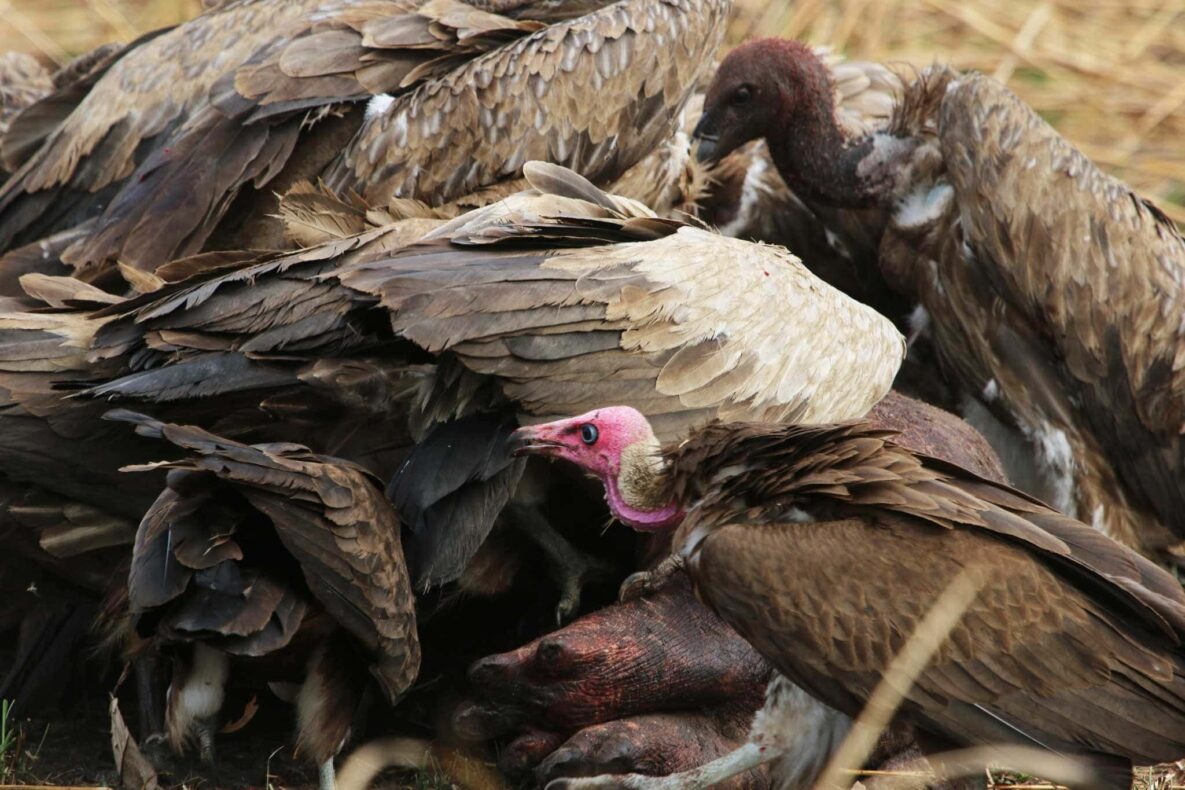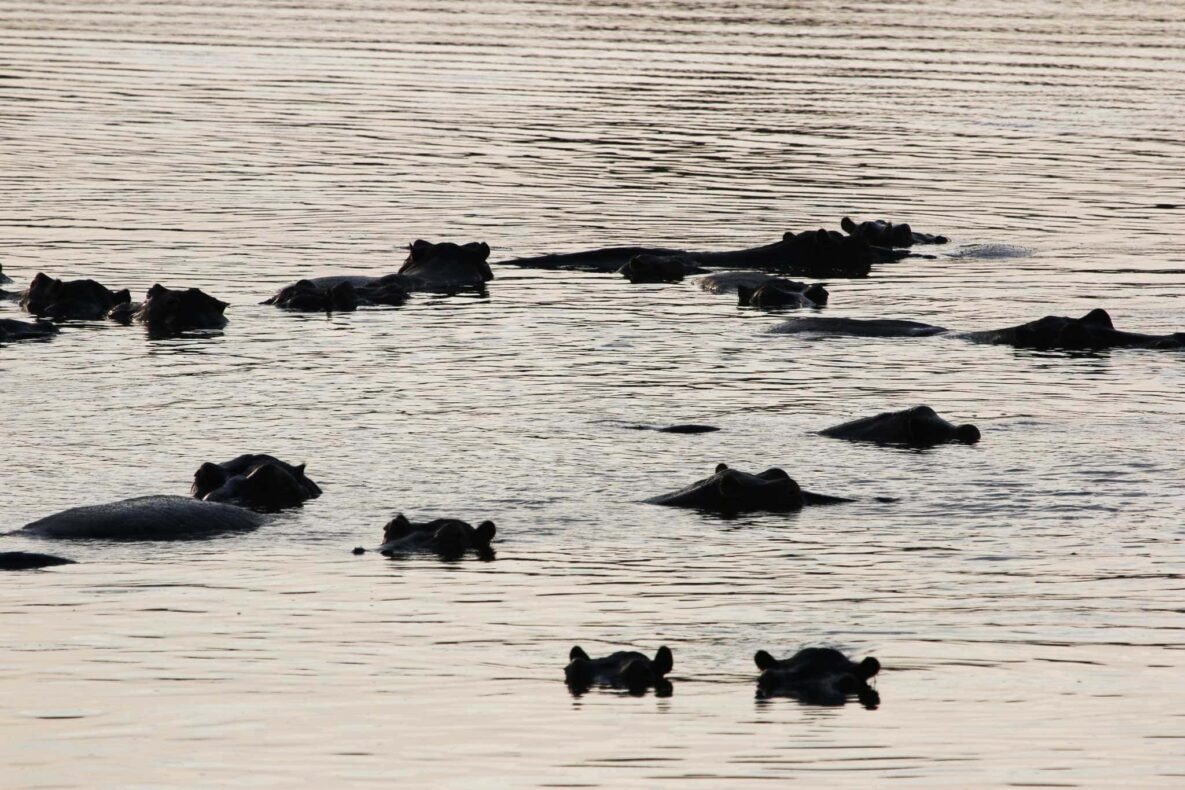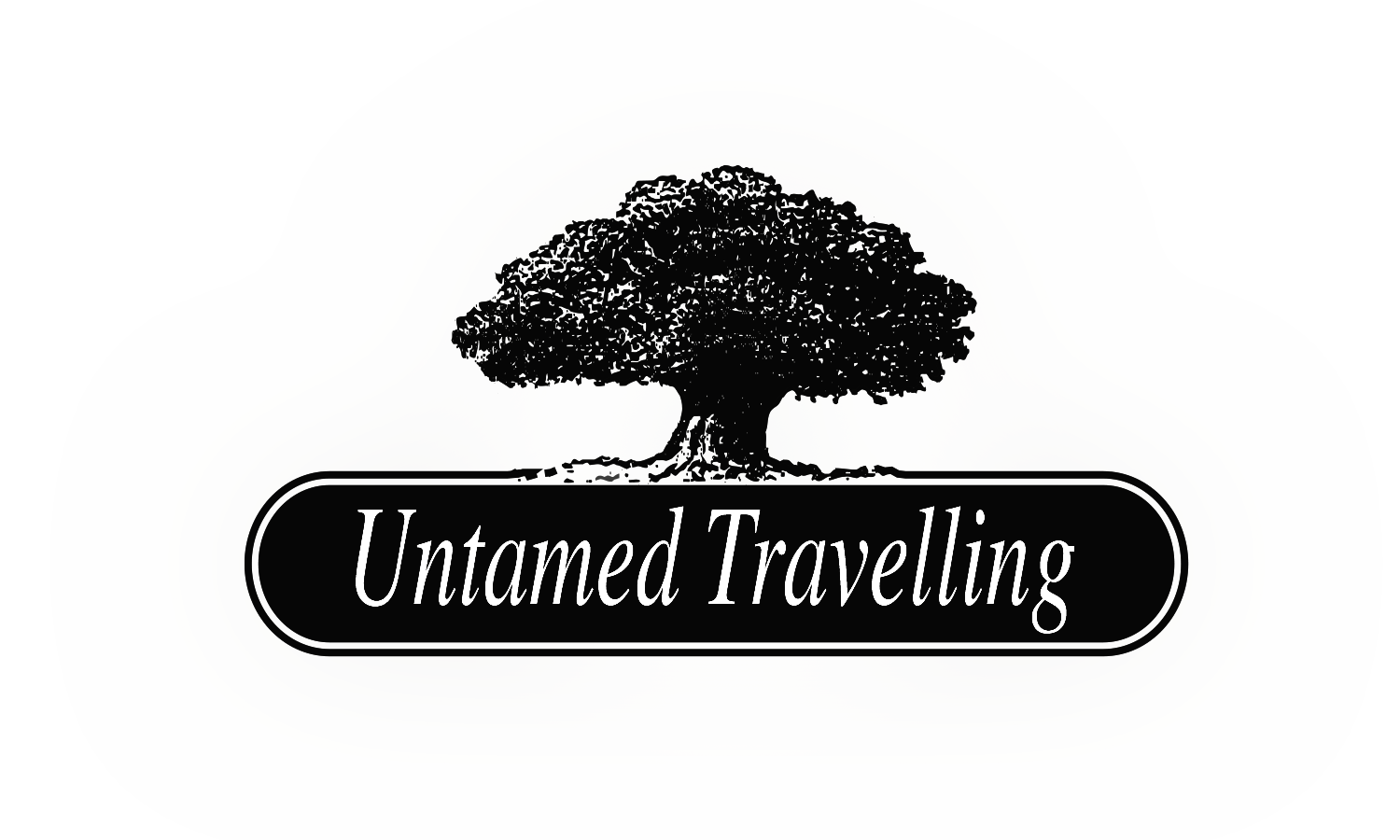Director Jozef Verbruggen made an exciting trip to Zambia and Zimbabwe
in October 2020, with Nick Aslin, CEO of our partner in Zambia, providing the necessary support during the tour. Upon his return, Aslin shared his vision for the future of wildlife tourism and conservation in Zambia.
Nick Aslin: “Well there’s a small subject to get one’s teeth into. I arrived in Zambia’s Luangwa Valley in the early 90’s and found myself lodged under the wing of a chap who became nothing less than a mentor to me for the next few years. Norman Carr was and still is regarded as the founding father of the walking safari, but more importantly he had a better understanding of the challenges being faced by wildlife populations and those humans who set about trying to protect them, than anyone I’ve known.
So what progress has been made in the past 30 odd years? Wildlife tourism in Zambia is a bigger, more professional and dare I say it, a more lucrative business than it was previously. Small, break-even, owner operated safari businesses have been tasks over, expanded and improved upon. As a destination Zambia now stands shoulder to shoulder with neighbours such as Botswana, Tanzania and Kenya. Big business and big money now call the shots and the most tangible effect of not having to worry so much about the bottom line is that funds, resources and marketing awareness can be channelled towards conservation programs and community projects.


It is important for people to understand that conservation and community development will not be possible in Africa’s rural areas without a successful, sustainable tourism industry and also, just as importantly, that wildlife tourism will not be sustainable without the buy-in of the communities close-by. These factors are all inter-connected and will succeed or fail together.
COVID aside we can all appreciate that our world is becoming narrower and narrower, an African safari is no longer an aspiration of the few, it is within the grasp of a far wider market. This is good and bad, but we must embrace the future and ensure that greater access to areas of unique wilderness works to the benefit of these remote areas and the wild creatures that live there.
Is the future a rosey one? Yes I believe that it can be, but let’s not be complacent. We are walking a tight-rope, there are too many species on the cusp of extinction, global warming is changing our planet faster than we can mitigate its effects so we have a battle on our hands but it’s a battle I believe we can win. Giving access to the world’s most remote areas to tourists from around the world can play a key part in ensuring that they are still around for the next generations to enjoy.”


RESPONSIBLE TRAVEL
During his trip, Joseph stayed in unique accommodations, including the quirky
15°
boutique hotel latitude in Lusaka, the very remote
Tafika Camp
north of the Nsefu sector of South Luangwa National Park and the exclusive
Chinzombo Camp
overlooking the Luangwa River. Topaccommodations in an inspiring backdrop of natural beauty where you can count on unparalleled comfort and complete privacy, and who, like us, strive for a sustainable future.
Through our conscious choices, such as working with local agents and suppliers where conservation is one of the core values, we can create an unforgettable and responsible journey for you with a positive impact on the world.












